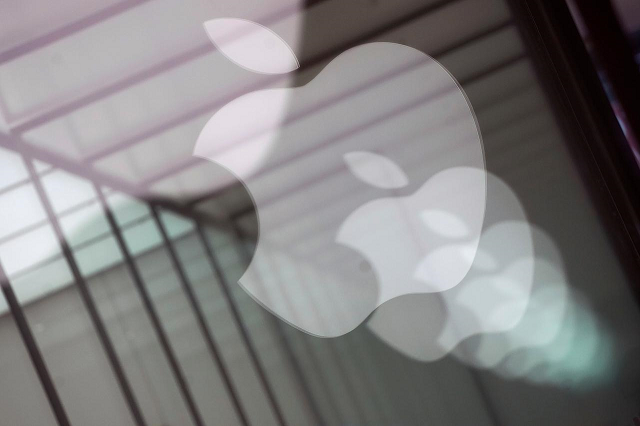
The case centers on tax rulings granted by Ireland to two Apple businesses in the country, Apple Sales International and Apple Operations Europe. The rulings reduced Apple’s tax burden for more than two decades - to as low as 0.005 per cent in 2014, according to the Commission, although Apple disputes this.
The Commission ordered the US company in 2016 to pay $14.4 billion of taxes it said were owed to Ireland. But Apple and Ireland, whose economy benefits from hosting a number of multinational firms, are appealing against the decision at Europe’s General Court, its second-highest.
Apple may launch a budget-friendly iPhone
Central to the dispute is the importance of the Irish businesses, with Apple lawyer Daniel Beard arguing on Wednesday they were not as significant as the Commission has asserted.
“Yes, Apple CEO Tim Cook said there were decisions taken in Ireland, but not strategic decisions,” he said, referring to Cook’s testimony at a U.S. Senate hearing in 2013 which formed a key element of the Commission’s case.
Apple did not do a special Irish tax deal in return for creating jobs, Beard added.
“The Commission went out of its way to tell a fairy story about supposed benefits to employment. It has no evidence, it is wrong. There was no sense of any special deal. Ireland properly and correctly taxed the Irish branches. There was no derogation from the normal rules,” he said in his closing argument.
Ireland’s lawyer, Paul Gallagher, said the EU executive had failed to prove its case and tarnished the country’s reputation.
“They haven’t shown one company which has been treated less favorably than Apple. This is Ireland’s reputation which has been so severely criticised,” he said.
Commission lawyer Paul-John Loewenthal rejected criticism that the EU executive had not taken up Apple’s offer to visit its operations in Cork, Ireland, saying this was not necessary.
Apple loses more ground in smartphone market
“What would a site visit accomplish?” he asked.
The case is about Apple’s Irish tax deal and has nothing to with the mismatch between tax regimes in different countries or US deferred tax rules, Commission lawyer Richard Lyal said in closing remarks.
Ireland ended the tax rulings when Apple’s two Irish units changed their structures in 2015.
The stakes are high for European Competition Commissioner Margrethe Vestager, who has spearheaded the European Union’s drive against tax avoidance by multinationals, issued similar tax recovery orders to Amazon and Starbucks among others, and has other companies in her sight.
Vestager will get a sense of how the General Court views her crackdown on September 24 when it rules on her tax recovery orders to Starbucks and Fiat Chrysler Automobiles NV.
The court will rule on the Apple case in the coming months, but the losing party is likely to appeal to the EU Court of Justice and a final judgment could take several years.
The joint Apple cases are T-778/16 Ireland v Commission and T-892/16 Apple Sales International and Apple Operations Europe v Commission.


1731570357-0/elon-musk-(1)1731570357-0-165x106.webp)
-(1)1717678110-0/Kendrick-(1)-(1)1717678110-0-165x106.webp)


1732440898-0/Express-Tribune-(2)1732440898-0-270x192.webp)

1732458410-0/Untitled-design-(65)1732458410-0-270x192.webp)








COMMENTS
Comments are moderated and generally will be posted if they are on-topic and not abusive.
For more information, please see our Comments FAQ